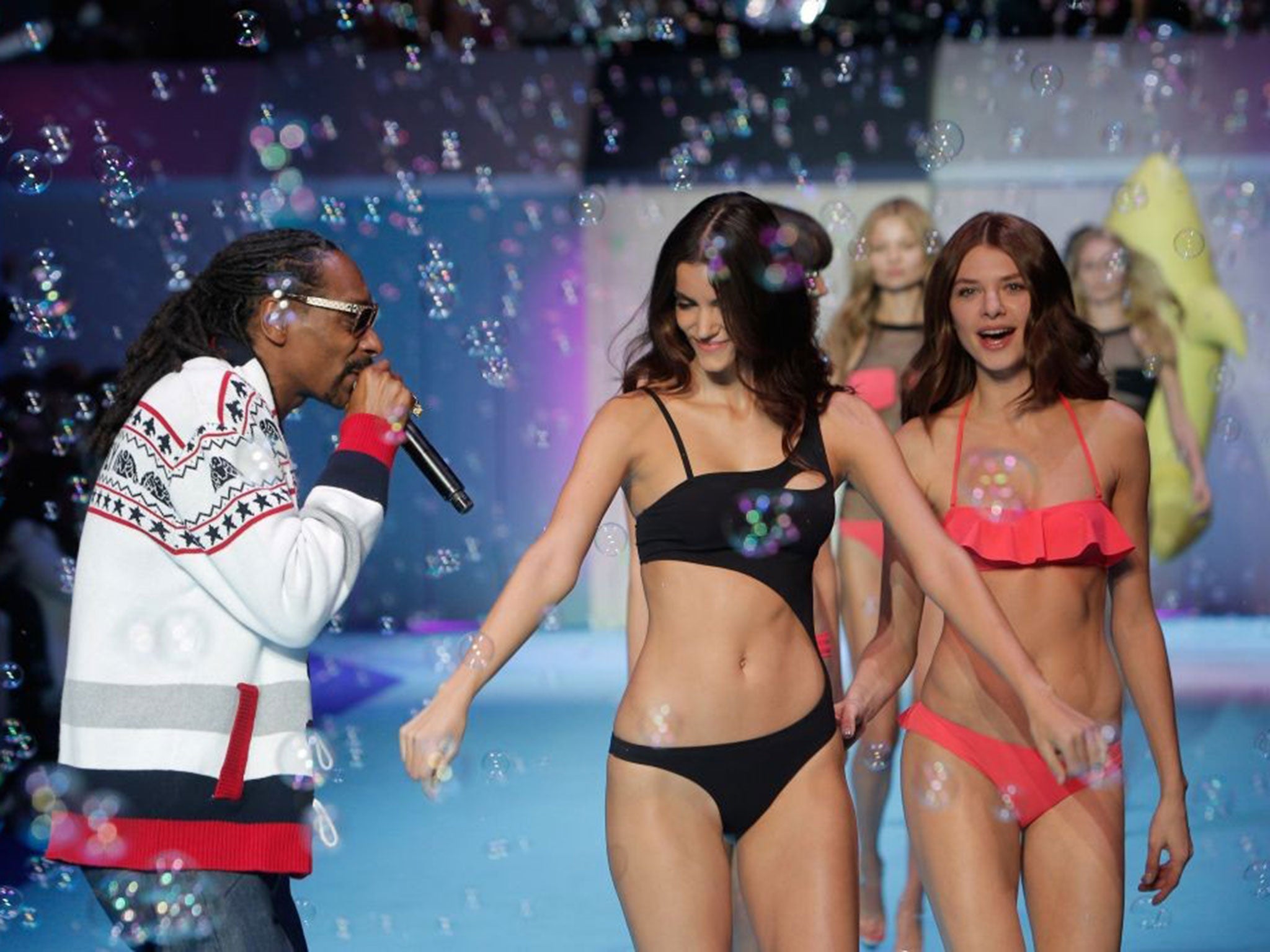The Independent's journalism is supported by our readers. When you purchase through links on our site, we may earn commission.
Snoop Dogg on why he doesn't regret displaying misogyny towards women
The rapper discussed his early lyrics and the learning process he’s been through since the start of his career in music

Your support helps us to tell the story
From reproductive rights to climate change to Big Tech, The Independent is on the ground when the story is developing. Whether it's investigating the financials of Elon Musk's pro-Trump PAC or producing our latest documentary, 'The A Word', which shines a light on the American women fighting for reproductive rights, we know how important it is to parse out the facts from the messaging.
At such a critical moment in US history, we need reporters on the ground. Your donation allows us to keep sending journalists to speak to both sides of the story.
The Independent is trusted by Americans across the entire political spectrum. And unlike many other quality news outlets, we choose not to lock Americans out of our reporting and analysis with paywalls. We believe quality journalism should be available to everyone, paid for by those who can afford it.
Your support makes all the difference.As a rapper, controversy comes with Snoop Dogg’s well-marked territory.
He’s wide open about marijuana use (he has a medical card for such things), is the proud possessor of a porn empire, and a former gang member in his teens.
Like many Nineties hip-hop stars, the content of his early lyrics was equally controversial, often sexist and degrading to women.
But Snoop doesn’t regret writing them in the slightest. If anything, he says, they stand as a marker to highlight just how far from misogyny he’s come.
“Definitely, my attitude has changed towards women,” he told Sky News.
“I am more sensitive and more vulnerable writing-wise and accepting a woman for being a beautiful person, as opposed to me saying she is a b***h or a w***e because that was how I was trained when I first started, so I have no regrets.”
His attitude changed, he said, as he slowly began to appreciate the important women in his life and the impact they had on his happiness.
“As I grew I fell in love with my wife and started to love my mother, my grandmother and my daughter. I understood what a woman was and I started to write about and express that.
“Once I figured out there was room to grow and learn and to be a better person, then I incorporated that in everything I was doing. I don't feel like you can be ashamed or mad about not knowing - if you don't know, you don't know.”
Join our commenting forum
Join thought-provoking conversations, follow other Independent readers and see their replies
Comments